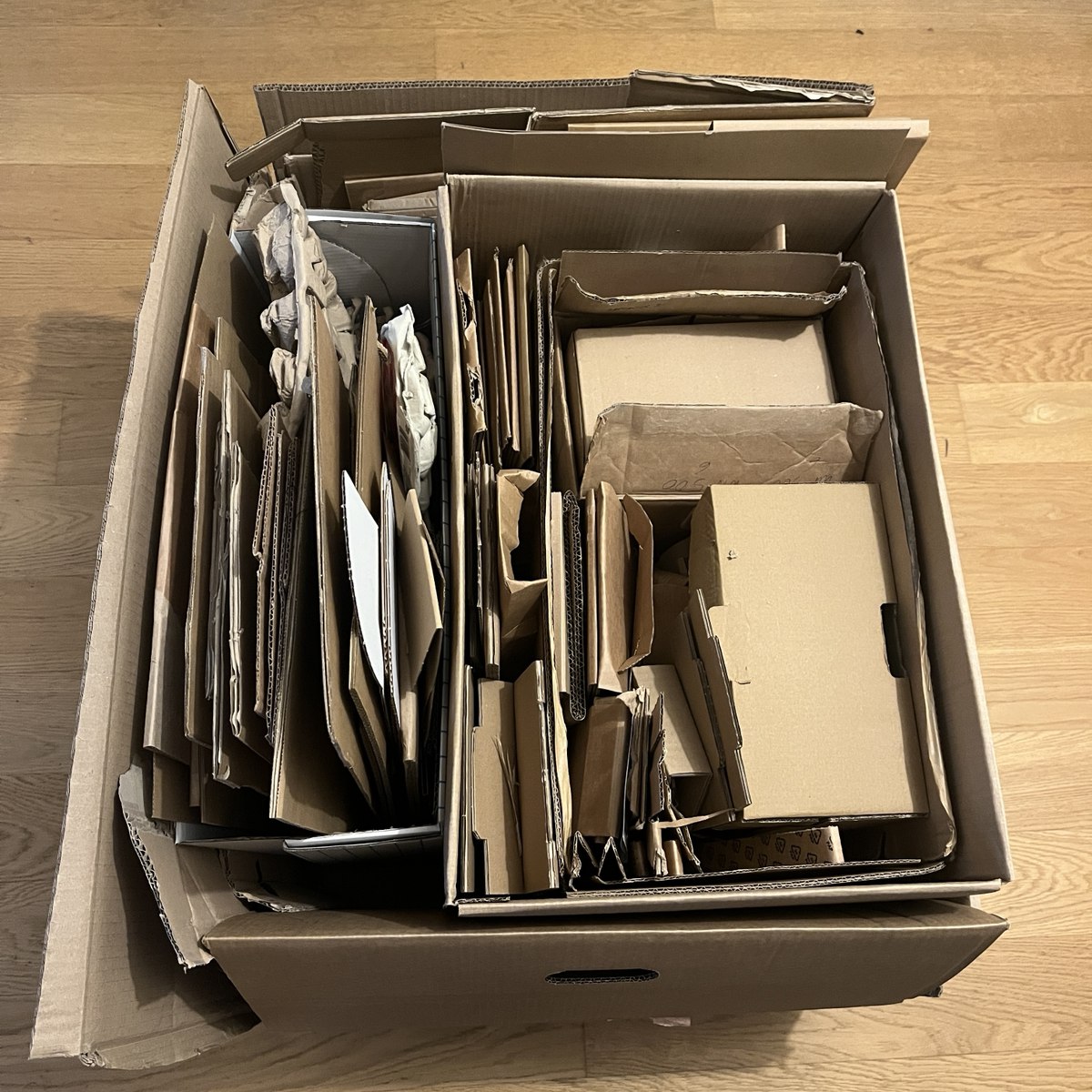What I’m doing now
(This is a now page, and if you have your own site, you should can make one, too.)
Updated December 14th, 2025 from the other place in Zürich, Switzerland
Mi casa
Zurich has the lowest free-float of accommodations in the world – at around 0.9%. For a brief moment I was renting two. Wealth.
Caviar goes surprisingly well with tequila, but you need the good kind. Of both.
For the last month+ I’ve been occupied with: work, moving and surviving the former two. We’ve finally settled in and it’s crazy livable. Comfy af. Totally worth it. Would like to not do that again for some time though, but rather tend to the garden we’ve secured. Better to be a warrior in the garden.
Meaning
I’ve been re-absorbing Awakening from the Meaning Crisis lecture series lately. The only non-directly-short-term-survival-related thing I’ve been involved in. Currently at episode 30. Eternally grateful to Maciej Ochenkowski for recommending them. Even though this is technically a rewatch I’m experiencing each episode as novel (and still profound). Sometimes I’m wondering if I’ve seen them before at all. Had the lectures changed since last time or had I?
Remember to participate! This time when John says “thank you for your time and attention” I want to have delivered.
Ymca (rehash)
note: No progress since October on my side
Why measure cognitive abilities?
It’s 2025 and we still don’t have a way of tracking how different intervention affect our capabilities to think better thoughts.
I’ve seen a PoC. I know how to build it and where to find early adopters. I speak their lingo, I’m one of them. In the hands of a capable marketer this could be gamified to absurd proportions. Normie-friendly quest for wisdom. You could get rich and change the world [for the better btw, if the direction of the change happen to matter to you].
Why am I saying “you”? Because I know myself enough to abandon the self-deception of me doing it. I’m busy with my own bullshit atm. I don’t care about ARR, I’m not normie-friendly. I just want to see it happen. See the change you want to be in the… Yeah. Something just like this.
On sociopathic behaviour

My current stack:
- Zinzino BalanceOil+ (10ml)
- Zinzino Viva+ (2 tablets, 28 mg of saffron extract)
- Zinzino Extend (2 tablets, multi-supplement) - until I run out of it, not noticing any differences. Plan on doing my yearly tests and see if the results are affected anyhow.
- Zotter Labooko 100% (18.75g)
- also putting cocoa powder (SHINE Rohes Kakaopulver) in kale shakes [while maintaining total dose]
- Holistic vitamin D (2k IU)
- Life Extension lithium (1mg)
- Swanson L-theanine (100mg) - when feeling particularity fidgety
- phasing out Zinzino ZinoBiotic+ (9g with kale shakes 2-3/week, reason: all my other interventions are backed by solid paper results, this might be not the right cost/effect tradeoff for my current stage). I think I have 1 box left.
Practices
- Acupressure mat
- Skinimal SPF50 face cream daily (and cleaning the face in the evening)
- Some kind of motion. Wondering how to incorporate this into my routine / week template.
- 3/3 min, 4 times interval running, trying to keep it in zone II, 1 / week
- considering how to get back to lifting kettlebells, possibly easier now – that I have a place to store said kettlebells, ideally 2 / week
Call to action
I’m open to making friends in Zurich, would be great to also hang out with someone other than my partner and people from work
Additionally contact me if you:
- would like to run YMCA, or just about anything to get it off the ground!
- are not poor and would like to improve your health
- are reeding this page, felt the urge and considering if you should.